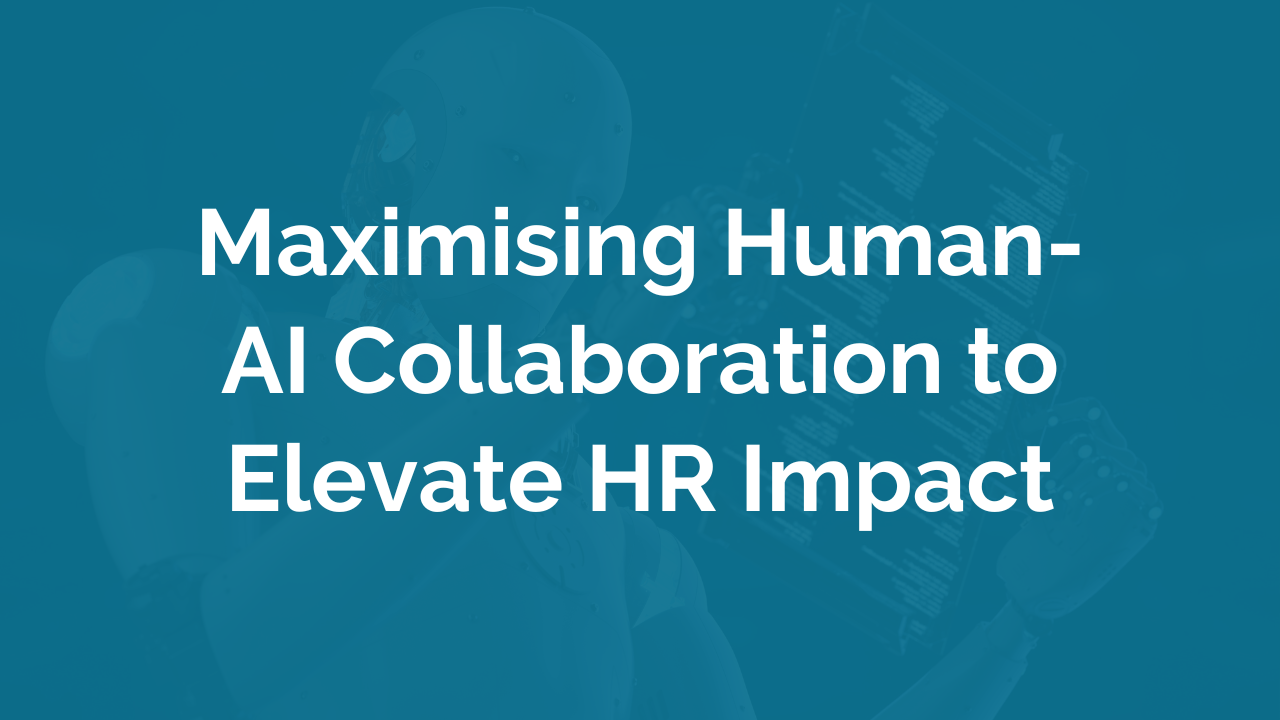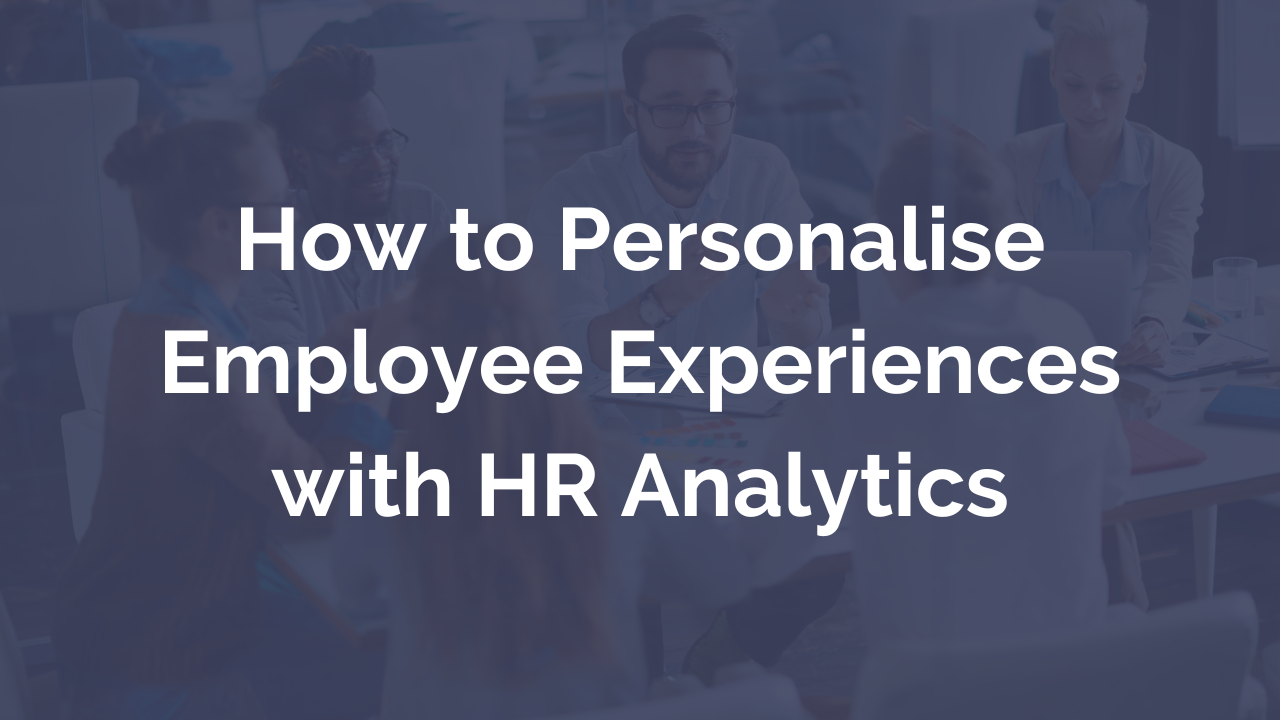The concept of culture varies depending on who you ask, but one thing remains true—organisational culture is a key factor in any company's success and sustainability.
Read MoreNo organisation can build a sustainable, successful people analytics function without clear understanding of what it should and shouldn’t do. Data ethics is the compass for all analytics work. An Insight222 survey with 57 companies* shows the extent of the challenge: 81% of companies report that their workforce analytics projects were sometimes or often jeopardised by data ethics/privacy concerns. In this post, Dirk Petersen reviews how organisations can ensure that they have an ethics charter in place for their People Analytics projects.
Read MoreAn ongoing struggle for people analytics is the translation of insights into impactful actions. As Piyush Mathur put it on the Digital HR Leaders Podcast: insight without action is just overhead. The imperative to demonstrate impact is becoming urgent, because people analytics teams have received significant investments in the past several years, often growing while the rest of HR stagnated or contracted. Making recommendations is not sufficient; impact is created through action.
Read MoreThe first North America Insight222 Peer Meeting of 2024, hosted by Colgate Palmolive, unfolded in the vibrant city of New York. It brought together people analytics professionals and industry experts for two days of insightful discussions, collaborative learning, and strategic networking.
Read MoreIn today’s digital age, where AI adoption has become a competitive necessity, the question facing every HR leader is not whether to include AI in their strategic toolkit but how best to integrate it. AI integration will only be as effective as its collaboration with the end user—humans—a notion underscored by recent research at MIT. Studying the synergy between AI and radiologists, the research revealed that while AI systems can rival or surpass human abilities in specific tasks, human biases in integrating AI insights can significantly undercut the potential benefits of such collaboration.
Read MoreIn today's ever-evolving workplace, understanding and catering to the unique needs and preferences of each employee is not just a nice-to-have; it's a strategic imperative. Human Resource (HR) leaders are pivotal in driving this personalised approach, leveraging HR analytics to tailor employee experiences (EX) that not only resonate on an individual level but also drive substantial returns on investment.
Read MoreAs the economic climate continues to shift and technological advancements reshape industries, people analytics has become an essential tool for businesses to stay competitive and make informed decisions. Our Insight222 People Analytics Trends 2023 research: “Investing to Deliver Value: A New Model for People Analytics” is a testament to this, revealing that from 2020 - 2023, people analytics has grown by 43%, with 51% of the organisations surveyed admitting to increasing their team size in the next 18-24 months.
Read MoreThe journey towards a data-driven HR has been a slow but steady one. From traditional methods of recruitment, employee engagement and performance evaluation to using data and analytics to inform decisions, the HR industry has come a long way.
Read MoreThis blog underscores the transition from reactive to proactive HR practices, advocating for a data-driven culture that not only listens to but truly understands employee sentiment, enabling targeted interventions and a more nuanced approach to talent management. With predictive analytics and sophisticated algorithms, HR is empowered to anticipate and address potential issues before they escalate, positioning analytics not as a fleeting trend but as a cornerstone of future HR success.
Read More"AI will not take your job; someone who knows how to use AI will”. This now widely used quote encapsulates why Artificial Intelligence is not simply a tool that employees utilise but an extension and augmentation of their capabilities. While already 14% of organisations report that they regularly use AI in marketing and sales, HR's utilisation is near the bottom with only 3%.
Read More









